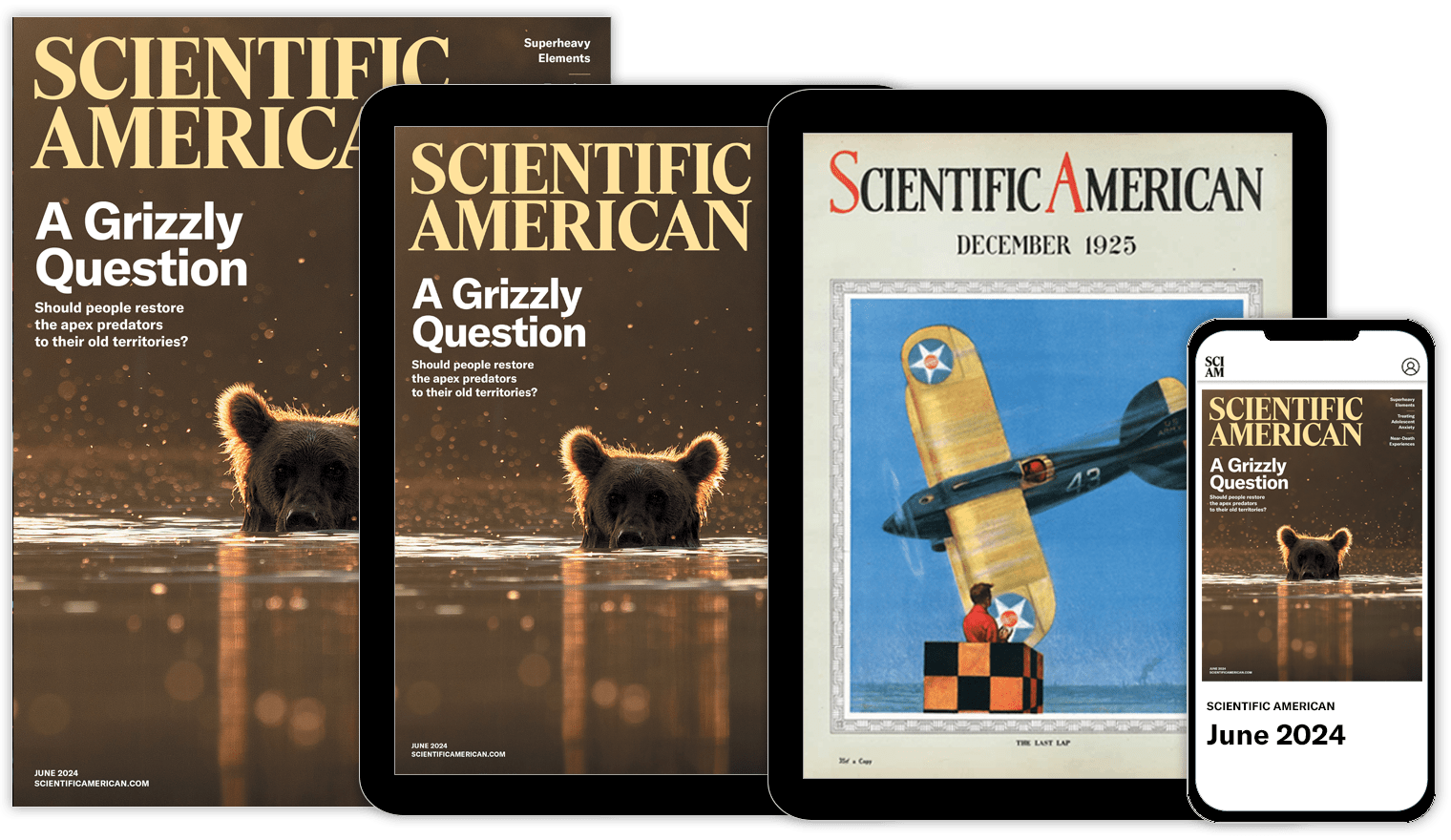關於支援科學新聞
如果您喜歡這篇文章,請考慮訂閱我們的獲獎新聞,以支援我們的工作。 訂閱。透過購買訂閱,您正在幫助確保未來關於塑造我們當今世界的發現和想法的具有影響力的故事的誕生。
考慮到需要器官移植的患者可獲得的供體器官有限,科學家們長期以來一直夢想著能夠使用其他物種作為器官來源。考慮到它們的體型、繁殖特性以及為食物而飼養的事實,豬通常被認為是最合適的潛在供體。然而,問題在於,豬細胞表面帶有糖分子,這些糖分子會觸發移植接受者體內劇烈的免疫反應——這種攻擊可以在幾分鐘內殺死供體器官。為器官配備保護性蛋白質的努力僅成功地將排斥反應延遲了幾個月。但新的研究結果表明,解決這個難題的方案現在觸手可及。根據《科學》雜誌今天釋出的一份報告,研究人員克隆了一組經過基因工程改造的豬,這些豬部分缺乏這種免疫反應的關鍵組成部分。這一成就可能代表著朝著實現異種移植成功夢想邁出的重要一步。
為了製造他們的豬,密蘇里大學的蘭德爾·S·普拉瑟和他的同事從胎豬細胞開始, “敲除”了負責製造炎症性糖分子的基因的複製。然後,他們將修飾後的豬細胞與豬卵融合,並將3000個克隆胚胎植入代孕母豬體內。倖存的四隻小豬每隻都攜帶一個不活躍的基因複製和一個活躍的基因複製。豬仍然可以用一個活躍的基因複製製造糖分子。為了完全消除糖的產生,研究人員必須生產出相關基因的兩個複製都不活躍的豬——普拉瑟告訴《科學》雜誌,他希望在18個月內實現這一目標。
